Study the diagram given below and answer the following question.

Name the extreme position of the swing.
The extreme positions of the swing are A and C.
Topper's Solved these Questions
- MOTION AND MEASUREMENT OF DISTANCESBOOK - MTG IIT JEE FOUNDATIONCHAPTER - MOTION AND MEASUREMENT OF DISTANCESEXERCISE - EXERCISE(INTEGER/NUMERICAL VALUE TYPE)
5 Videos
- MOTION AND MEASUREMENT OF DISTANCESBOOK - MTG IIT JEE FOUNDATIONCHAPTER - MOTION AND MEASUREMENT OF DISTANCESEXERCISE - OLYMPIAD/HOTS CORNER
15 Videos
- MOTION AND MEASUREMENT OF DISTANCESBOOK - MTG IIT JEE FOUNDATIONCHAPTER - MOTION AND MEASUREMENT OF DISTANCESEXERCISE - EXERCISE(SUBJECTIVE PROBLEMS(SHORT ANSWER TYPE))
15 Videos
- LIGHT, SHADOWS AND REFLECTIONSBOOK - MTG IIT JEE FOUNDATIONCHAPTER - LIGHT, SHADOWS AND REFLECTIONSEXERCISE - OLYMPIAD/HOTS CORNER
15 Videos
Similar Questions
Study the diagram given below and answer the following questions.
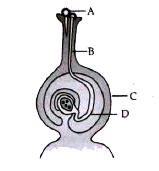
View SolutionStudy the diagram given below and answer the following question.
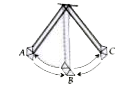
Which is the mean position of the swing?
View SolutionStudy the diagram given below and answer the following questions.
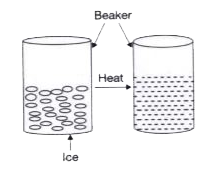
(a) Does the composition remain the same?
(b) Name the type of change involved.
(c ) Write any two characteristics of the above change.
View SolutionStudy the diagram given below and answer the following questions.
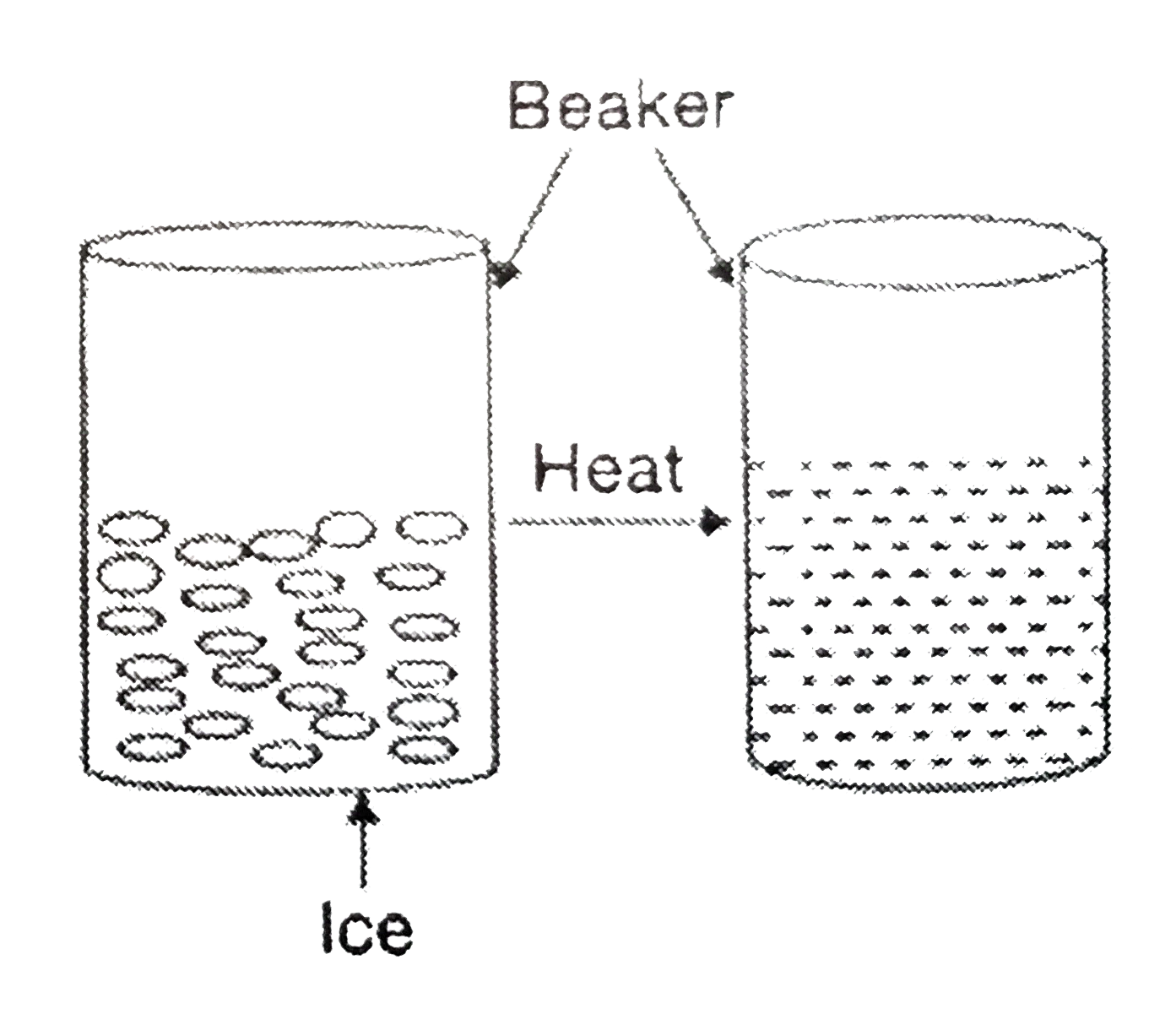
(a) Does the composition remain the same
(b) Name the type of change involved .
(c ) Write any two characteristics of the above change.
View SolutionStudy the diagram given below and answer the following question.

What kind of motion does the swing show?
View SolutionStudy the given map of a zoo and answer the following questions.
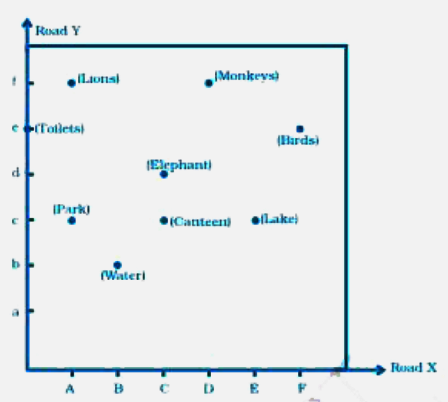
View SolutionStudy the diagram given below and answer the following question.

If the swing takes 5 s to complete 25 oscillations, then what is the time period of the swing?
View SolutionStudy the ray diagram given below and answer the following questions:
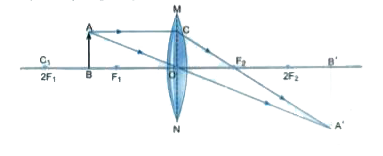
(i) State the type of lens used in the figure.
(ii) List two properties of the image formed .
(iii) In which position of the object will be magnification be -1 ?
View SolutionStudy the ray diagram given below and answer the following questions:
(i) State the type of lens used in the figure.
(ii) List two properties of the image formed.
(iii) In which position of the object will the magnification be – 1 ?
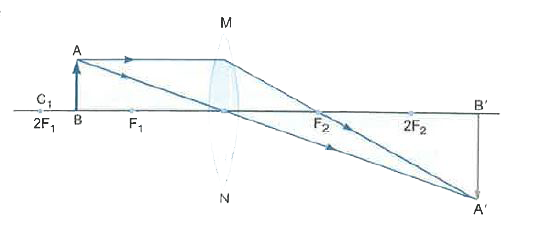
View SolutionStudy the diagram given below and answer the following question.

Does it show non-periodic motion? Give reason.
View Solution
